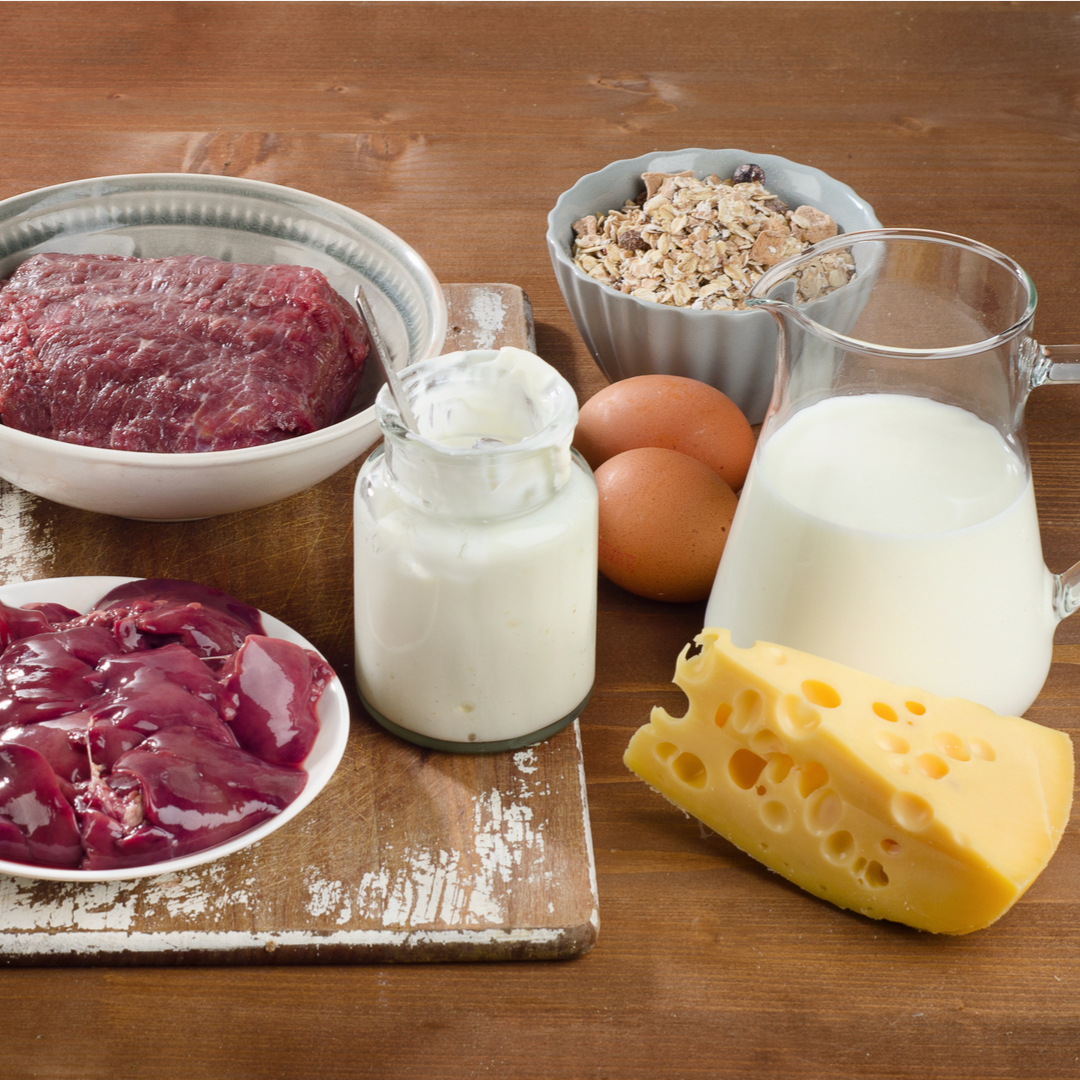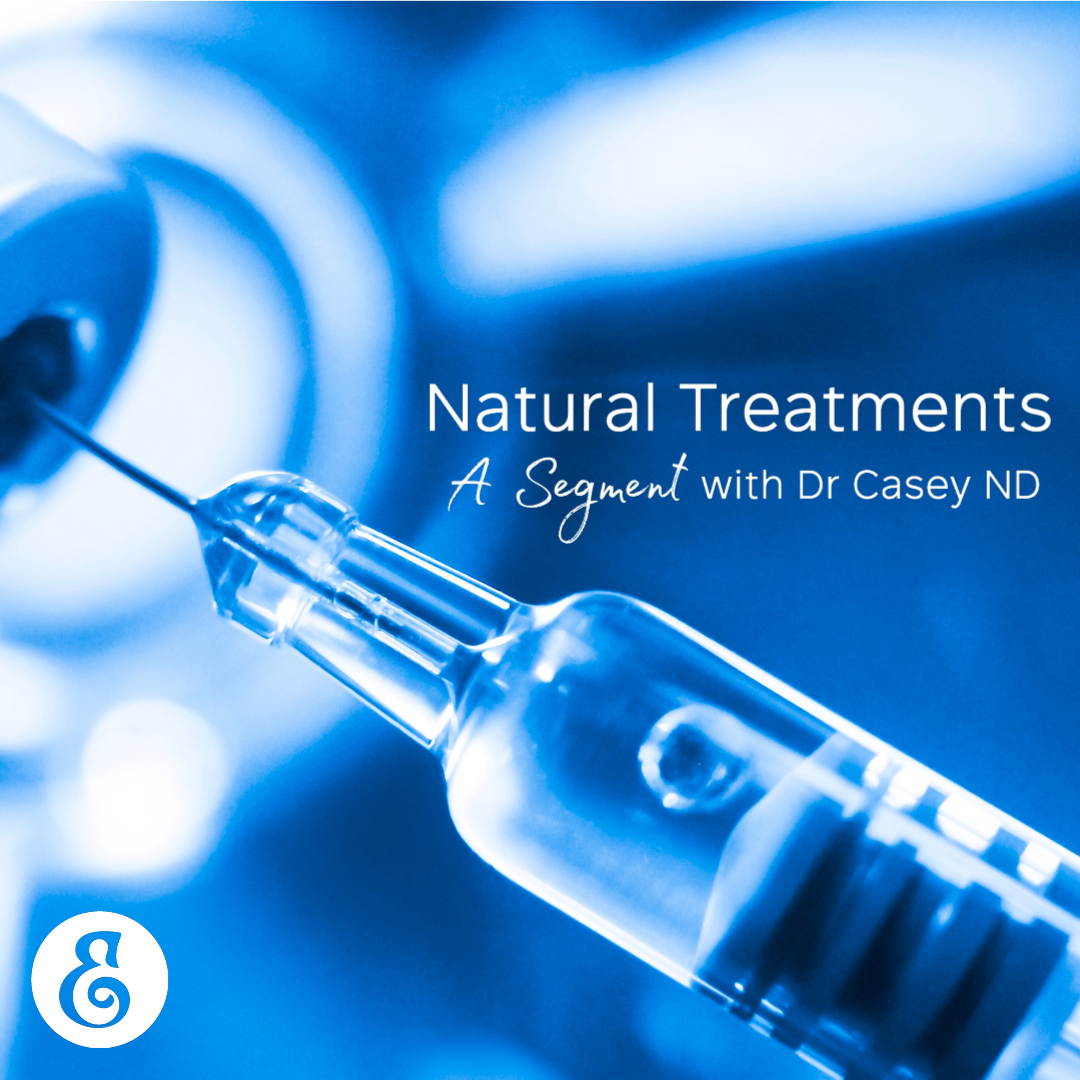22 Feb Boosting Your Energy with Vitamin B12
I’m excited to announce that I’m now offering vitamin B12 injections to my patients! Do you want to understand more about the role of B12 and whether you can benefit from an injection? Read on!
Understanding the role of B12
Vitamin B12 is one of the 12 B vitamins required by our bodies. The B vitamins in general are important for producing energy in the body. The specific functions of vitamin B12 are:
- DNA synthesis
- Production of red blood cells
- Nervous system health
- Managing homocysteine levels (and high homocysteine levels are associated with an increased risk of heart disease)
The B vitamins (including vitamin B12) are water-soluble and the body does not store them long-term. To ensure sufficient levels, we must regularly consume them in our foods. Unlike the other B vitamins, B12 is stored in the liver but it will start to deplete after long periods of insufficient dietary intake.

Testing
Vitamin B12 can be tested in the serum with a simple blood test. Your medical doctor or naturopathic doctor can order it for you. The normal levels may vary slightly between different labs but generally below 140pmol/L is considered a deficiency.
Vitamin B12 Requirements
The daily requirements for B12 are quite small so most people get plenty of B12 in their diet. If supplementation is required, the doses are much higher than the following requirements. The requirements recommended by the Dietitians of Canada are the following:
- Adults: 2.4mcg
- Pregnancy: 2.6mcg
- Breastfeeding: 2.8mcg
Symptoms of B12 Deficiency
A B12 deficiency is a form of anemia, which means that changes are seen in the red blood cells. It affects how red blood cells carry oxygen and can lead to significant fatigue.
- Fatigue/low energy
- Weakness
- Numbness and tingling in the hands and feet
- Cognitive impairment (most commonly seen in the elderly population)
- A significant deficiency can cause nerve damage
The complicated absorption of vitamin B12…
B12 is bound to protein in food and must be released in the stomach with the help of HCL (stomach acid) and pepsin. It must then bind to intrinsic factor for absorption in the intestines. This is why low stomach acid, malabsorption, and other digestive concerns can lead to an increased likelihood of B12 deficiency.
Causes of B12 Deficiency
Although the requirements of B12 are quite small, it has a complicated absorption process in the digestive tract and, therefore, certain conditions make a B12 deficiency more common.
- Pernicious anemia. This is a type of anemia causing lack of intrinsic factor in the stomach, which is necessary for proper absorption of B12.
- Elderly. Due to decreased caloric intake, as well as decreased stomach acid leading to increased chances of malabsorption.
- Certain surgical procedures. Including ones that involve removing part of stomach and/or small intestine.
- Malabsorption disorders. Such as celiac disease, inflammatory bowel disease, and more.
- Bacterial overgrowth. In the stomach (such as H. pylori) or small intestine (such as SIBO).
- Vegan diet. Since B12 is mostly found in animal products. However, it is possible to get sufficient B12 on a vegan diet when properly educated in vegan B12 sources.
- Certain Medications. Including proton pump inhibitors and other acid-suppressing medications, metformin, and more.

Food Sources of B12
The main food sources of B12 are animal products, including eggs, dairy, fish, chicken, red meat, and organ meats. It is also commonly fortified in foods, such as cereals, non-dairy milks, and nutritional yeast. These are the options that must be consumed for people following a vegan diet.

B12 Supplementation
Vitamin B12 can easily be supplemented. The most effective way to supplement is with a sublingual tablet (meaning it dissolves under the tongue). This allows absorption straight into the blood stream without requiring the complicated absorption of the GI tract. The most common dose is 1000mcg daily.
It is usually recommended to take a B complex when taking vitamin B12. This helps avoid an imbalance in the B vitamins in your body.
It is also important to be cautious of medication interactions. As well as medication depletions of B12! Certain medications, such as proton pump inhibitors and metformin, can deplete vitamin B12 in the body and lead to an increased requirement.
Forms of B12
Methylcobalamin is the form of vitamin B12 that plays a role in human metabolism. This is the form I use with my patients in the injections. Cyanocobalamin is a synthetic form used in many supplements but must be converted in the body to methylcobalamin to be active.
Why You Should Consider B12 Injections
If you suffer from a B12 deficiency due to a malabsorption issue, supplementation might not be as effective. The sublingual tablet is an alternative way to supplement without requiring absorption in the GI tract but injections are also an effective alternative option. Injections also allow you to avoid the need for daily supplementation and often give you a faster boost in energy. Both medical doctors and naturopathic doctors (with their prescribing license) can offer B12 injections.
The risk of adverse effects is very low. There is no established upper limit for B12 and no known health risks from increased intake from diet/supplements. However, there may be long-term adverse health effects from storing higher than normal levels of B12 in the body. Therefore, it is important to get the proper testing done before supplementing or receiving injections.

